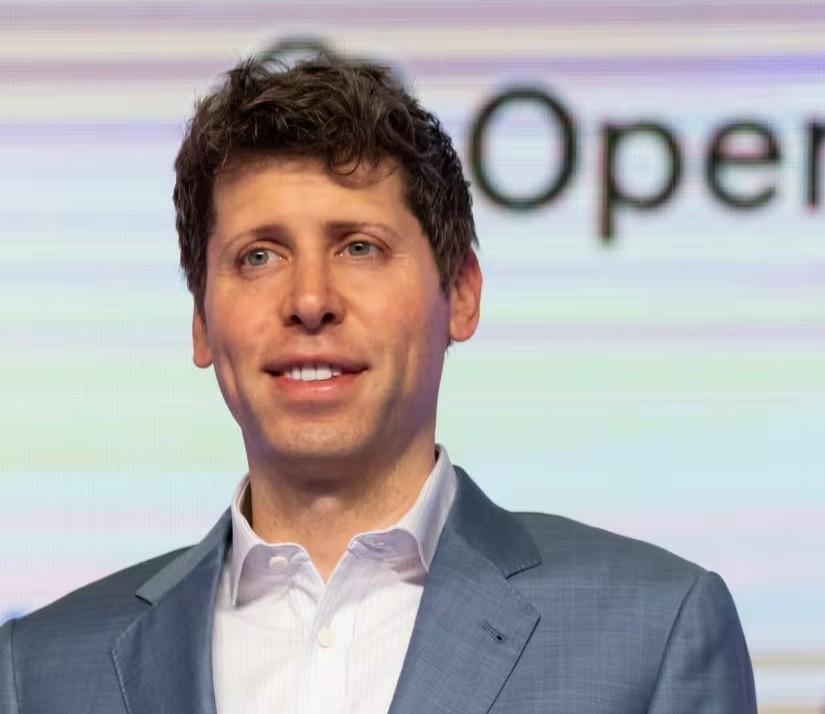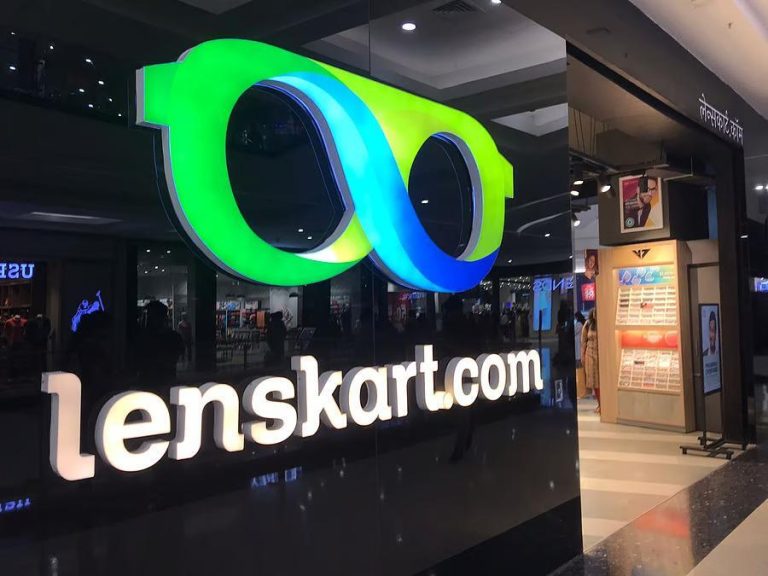
Title: Altman says he has ‘concrete basements’, podcaster corrects him saying ‘That’s a bunker’
Recently, a conversation between Sam Altman, the CEO of Y Combinator, and podcaster Theo Von on the topic of bunkers has garnered attention. The topic of bunkers has been a subject of interest among tech billionaires, with Mark Zuckerberg and Peter Thiel reportedly owning such structures. Altman, when asked by Von if he owns bunkers, initially claimed to have “concrete heavy reinforced basements”. Von, however, corrected him, stating “Hold on, dude…That’s a bunker”.
The conversation took place during an episode of Von’s podcast, where he invited Altman as a guest. The topic of bunkers and doomsday prepping came up, and Altman revealed that he may consider getting bunkers in the future, citing the possibility of a World War III. However, after Von listed the differences between bunkers and basements, Altman reaffirmed that he does not own bunkers.
The conversation has sparked an interesting discussion about the concept of bunkers and the measures that tech billionaires are taking to prepare for potential apocalyptic scenarios. In recent years, there have been reports of several tech billionaires investing in elaborate underground bunkers to protect themselves and their families from various threats.
According to a report by Republic World, Peter Thiel, the co-founder of PayPal, has been known to own a high-tech bunker in California. The bunker is reportedly equipped with advanced security systems, air filtration systems, and a backup power supply. Similarly, Mark Zuckerberg, the CEO of Facebook, has also been rumored to own a bunker, although the specifics of its design and features are not publicly known.
The construction of these bunkers is often shrouded in secrecy, with many details remaining unknown to the public. However, it is clear that these tech billionaires are taking the concept of doomsday prepping seriously, investing significant amounts of money and resources into building elaborate underground structures to protect themselves and their loved ones.
Sam Altman’s comments on the topic were met with skepticism by many, who pointed out that his “concrete heavy reinforced basements” sounded suspiciously like a bunker. Altman’s initial claim was likely an attempt to downplay the extent of his preparations, as he later clarified that he does not own bunkers.
The conversation has raised questions about the extent to which these tech billionaires are preparing for potential disasters, and whether their preparations are reasonable or excessive. While it is understandable that individuals with significant resources and influence may want to take steps to protect themselves and their families, the construction of elaborate underground bunkers raises questions about the morality and ethics of such actions.
In an era where global tensions are rising and the threat of nuclear war is increasingly real, it is natural for individuals to feel a sense of unease and uncertainty. However, the construction of bunkers and doomsday prepping can also be seen as a form of elitism, where those with the means to afford such luxuries are preparing to escape the consequences of their actions while leaving others behind.
The conversation between Altman and Von has sparked an important discussion about the role of technology and wealth in shaping our perceptions of risk and security. As the world continues to grapple with the challenges of the 21st century, it is essential that we consider the ethical implications of doomsday prepping and the construction of elaborate underground bunkers.
In conclusion, the conversation between Sam Altman and Theo Von highlights the complex and often contradictory nature of doomsday prepping and bunker construction. While it is understandable that individuals may want to take steps to protect themselves and their families, it is essential that we consider the ethical implications of such actions and the potential consequences for those who are left behind.






